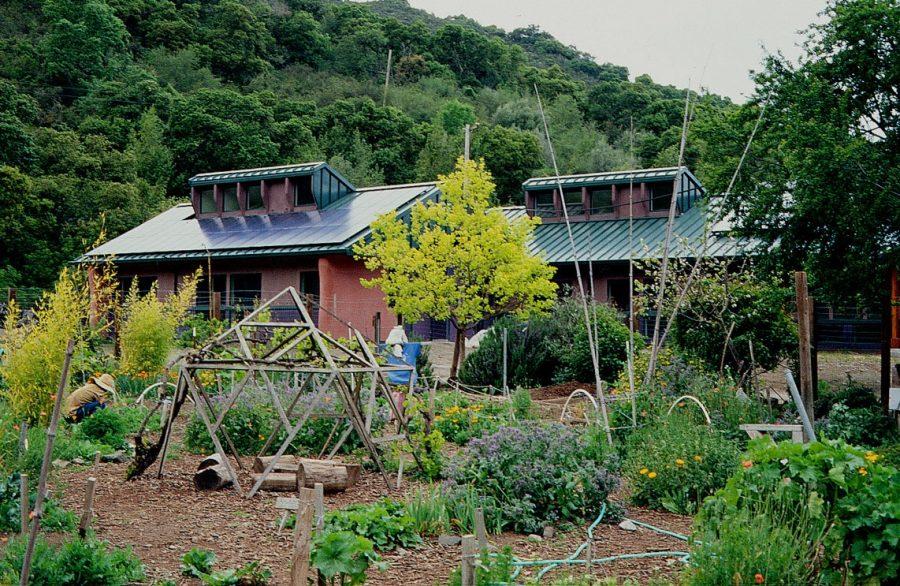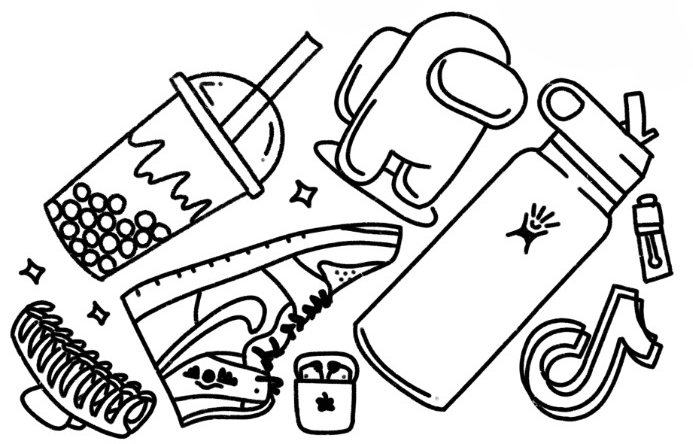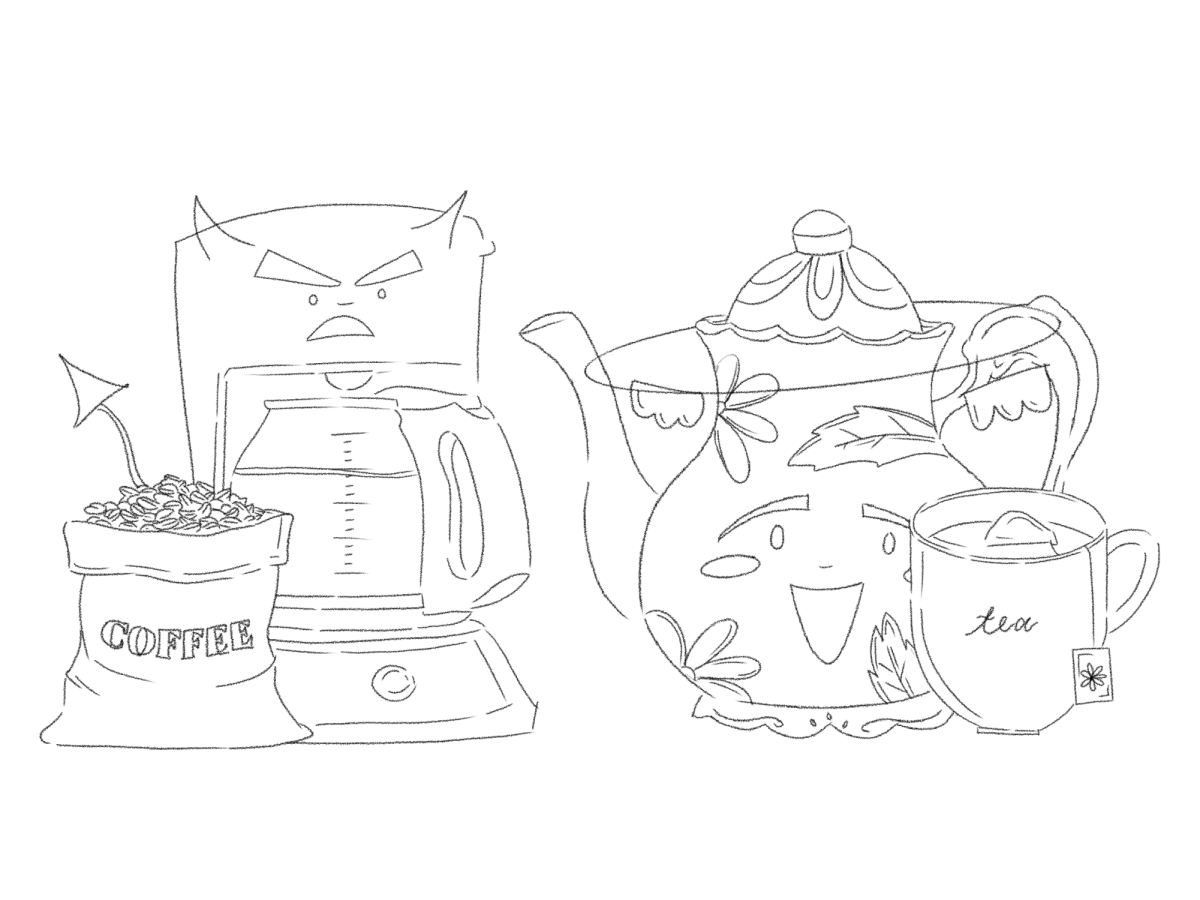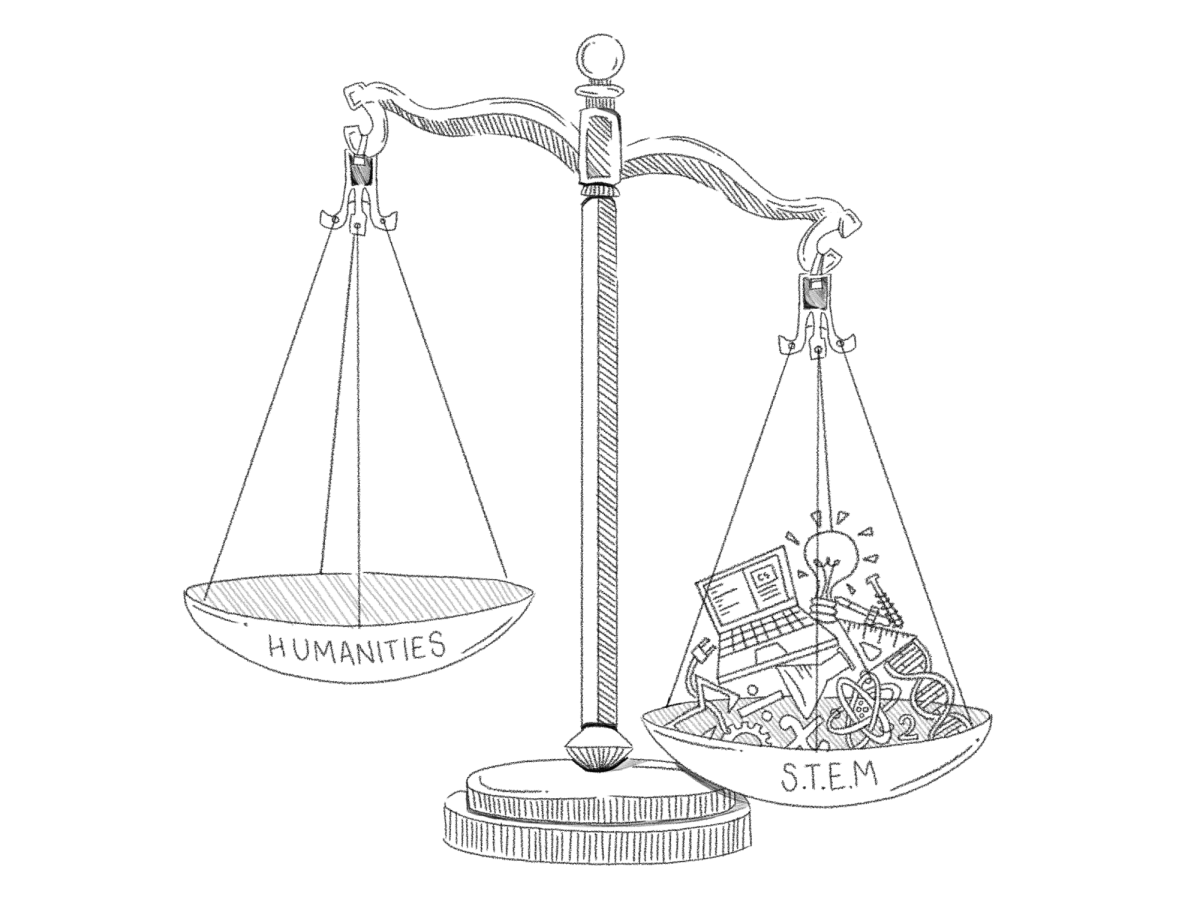Guest writer Ryan Thompson reflects on his experiences with sustainability and why he believes it key to upholding the environment’s health. The image above depicts the site of the San Luis Obispo Sustainability Group Architects. Photo courtesy of Ryan Thompson.
By Ryan Thompson, Guest Writer
As the earth continues to warm, polar ice caps melt, and sea levels rise, many people are concerned about protecting the environment, so what systems can we implement that promote the use of renewable resources? There are local and international organizations that are advancing biodiversity and sustainable agriculture systems that do not harm or contaminate the environment.
The non-profit Hidden Villa in Los Altos Hills provides environmental education to the next generation to spark interest in sustainability and the environment. Hidden Villa is a farm that employs sustainable practices in agriculture and in raising animals. There are many volunteer opportunities at Hidden Villa in agriculture, the animal program, education, and camps. I am a farm tour guide and have guided many groups of adults and children with diverse backgrounds around the farm. Tour guides teach about small-scale, organic farming practices at the farm and the benefits of eating locally grown food.
Sustaining the resources available to us is a global responsibility. Hidden Villa Public Programs Manager Maggie Shields believes that the term “sustainability” has become overused, and she chooses to look at it the opposite way and define what is unsustainable. To her, the term “unsustainable” means something “not able to exist.” “[I think unsustainable food production is when] super rich countries like the USA struggl[e] with food production in the future,” Shields said. Shields’ concern is that unsustainable farming practices will deplete the nutrients in our soil and pollute our water and soil with chemicals and pesticides, making it impossible to grow nutritious food.
Animal health and welfare is another important way that Hidden Villa works to protect food quality as well as the environment. One of the many sustainable systems Hidden Villa uses on the farm is a rotating pasture system for the cows. There is a large pasture divided into six parts, and the cows rotate to a new section of the pasture each day. This method is advantageous for the cows, the soil, and Hidden Villa. The system helps the livestock because when they eat the grass, the roots of the grass grow back more plentifully. Thus, they have more to eat the next time around. It helps the soil because when more grass grows in a given area, the soil gains more nutrients and and can better help foster the growth of the grass. It also helps the farm because they don’t need to pay for seeds or labor every time the cows rotate as the system sustains itself.
Another local organization, Grassroots Ecology, works with volunteers in Silicon Valley to preserve California ecosystems that host native species of plants and animals. Volunteers work at various local sites to plant native plants and eradicate invasive species. Grassroots Ecology has a nursery to grow native plants to restore local habitats and promote biodiversity. Creating and preserving healthy ecosystems is a critical part of sustainability. It’s easy to get involved in a sustainability project by volunteering to work in the nursery at Grassroots Ecology or plant seedlings. Other organizations around the world are using sustainability strategies too, and we can learn from each other.
The Menlo Abroad trip to Guatemala introduced students to systems of permaculture and sustainable agriculture. Students learned about preventing the exploitation natural systems that can damage the environment and weaken the local economy. At the Mesoamerican Permaculture Institute (IMAP) farm in Guatemala on Lake Atitlán, Menlo students also learned about sustainable farming practices. Experts showed us how onions and other native plant species could defend against insects trying to eat main crops. Students learned about strategies to cut down on the use of pesticides that can cause damage to health and the environment. IMAP educated us about organic food production and has a seed bank to reintroduce Mayan historical species. Students also contributed to a reforestation project by planting trees that helped the soil on a hillside regain its rich nutrients to promote the growth of a biodiverse ecosystem that could sustain itself in Guatemala’s humid climate.
Sustainability means creating systems that give society the power to progress in a way that does not undermine Earth’s resources. Many organizations locally and internationally are committing to practicing and teaching people about sustainability of natural environments and food production. It can be hard to commit to preserving our environment because we may not be around to see all the change we work for, but in order to preserve our future, we must commit to fulfilling the needs of societies today while investing in tomorrow.








